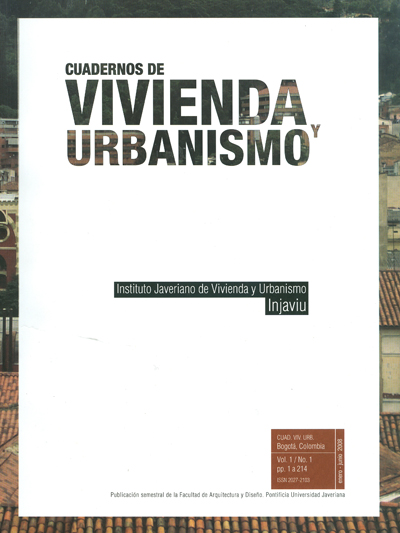Abstract
This article presents the results on the use, representation, and expressions of identity of the child space from the perspective of the children that participated in a related study. In order to approach the identity constructions of the children, letters written by them were the base of this anthropological study. Two analysis references were adopted: the effect of the constructed spaces in which their day-to-day develops, in their expressions of representation; and the social practices, recognizable in the letters, which set off these scenarios. The results arise from the application of conceptual and methodological proposals, in which qualitative and quantitative strategies were combined to allow the creation of an analysis model designed specifically for this project.
This journal is registered under a Creative Commons Attribution 4.0 International Public License. Thus, this work may be reproduced, distributed, and publicly shared in digital format, as long as the names of the authors and Pontificia Universidad Javeriana are acknowledged. Others are allowed to quote, adapt, transform, auto-archive, republish, and create based on this material, for any purpose (even commercial ones), provided the authorship is duly acknowledged, a link to the original work is provided, and it is specified if changes have been made. Pontificia Universidad Javeriana does not hold the rights of published works and the authors are solely responsible for the contents of their works; they keep the moral, intellectual, privacy, and publicity rights.
Approving the intervention of the work (review, copy-editing, translation, layout) and the following outreach, are granted through an use license and not through an assignment of rights. This means the journal and Pontificia Universidad Javeriana cannot be held responsible for any ethical malpractice by the authors. As a consequence of the protection granted by the use license, the journal is not required to publish recantations or modify information already published, unless the errata stems from the editorial management process. Publishing contents in this journal does not generate royalties for contributors.


